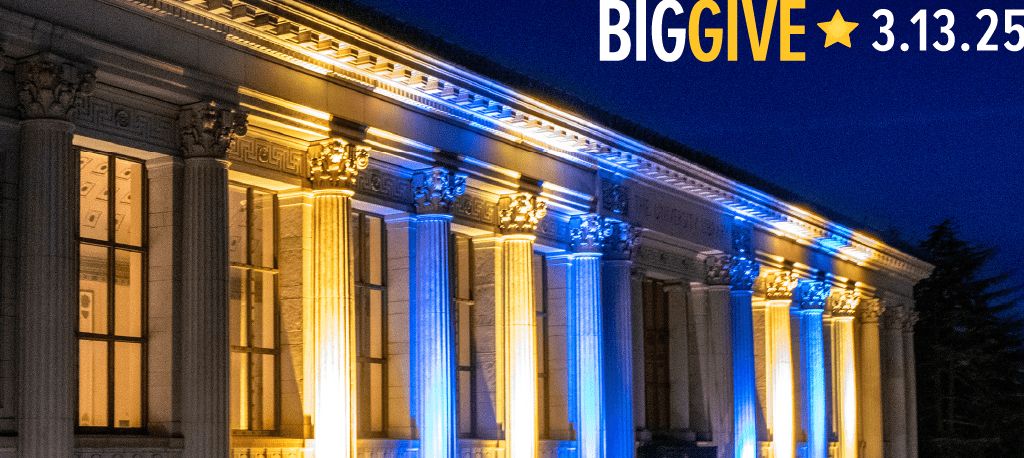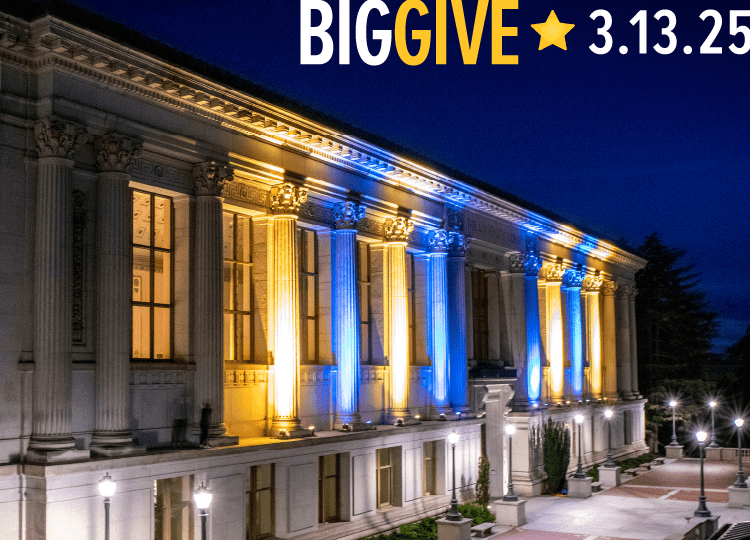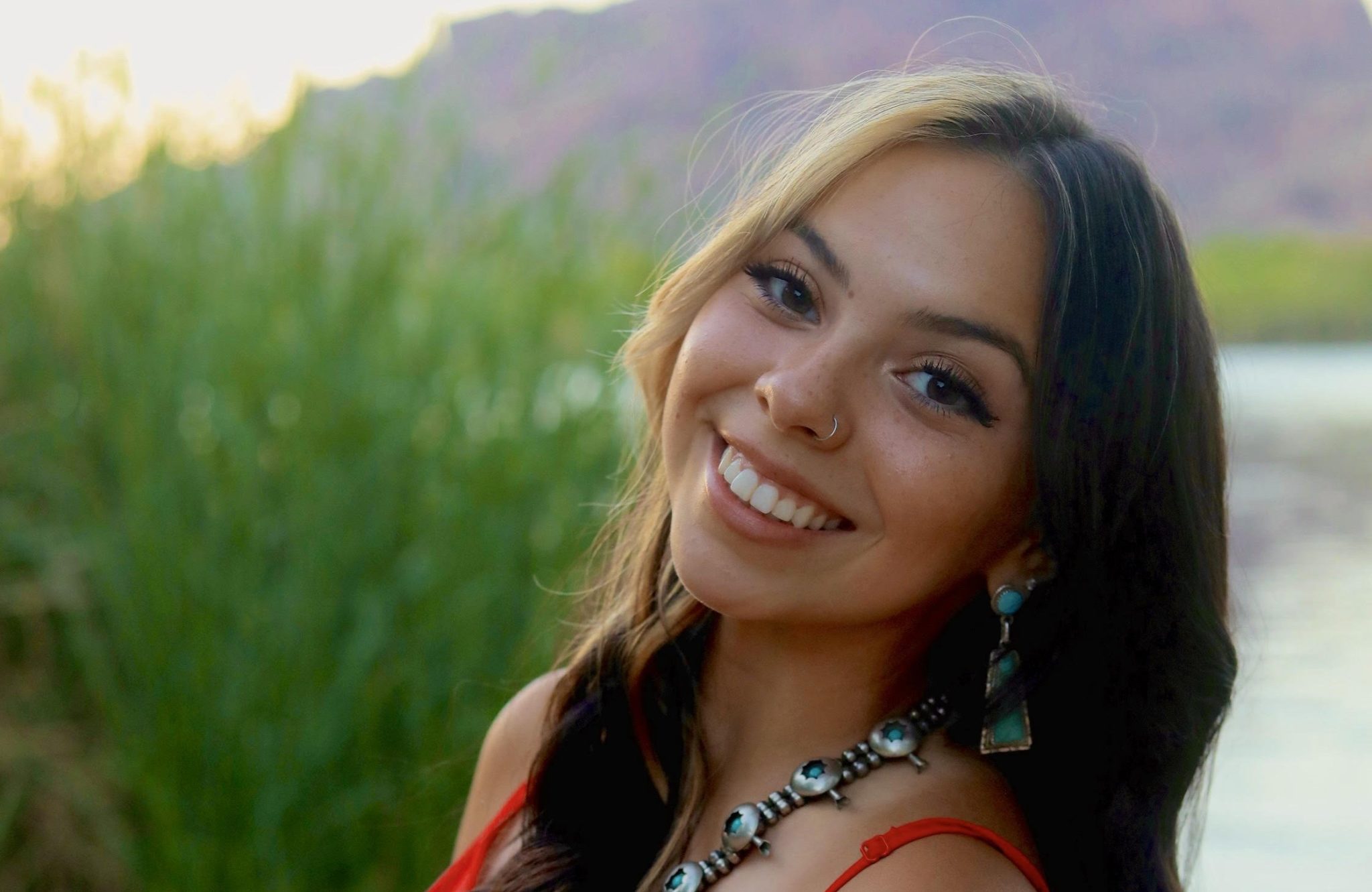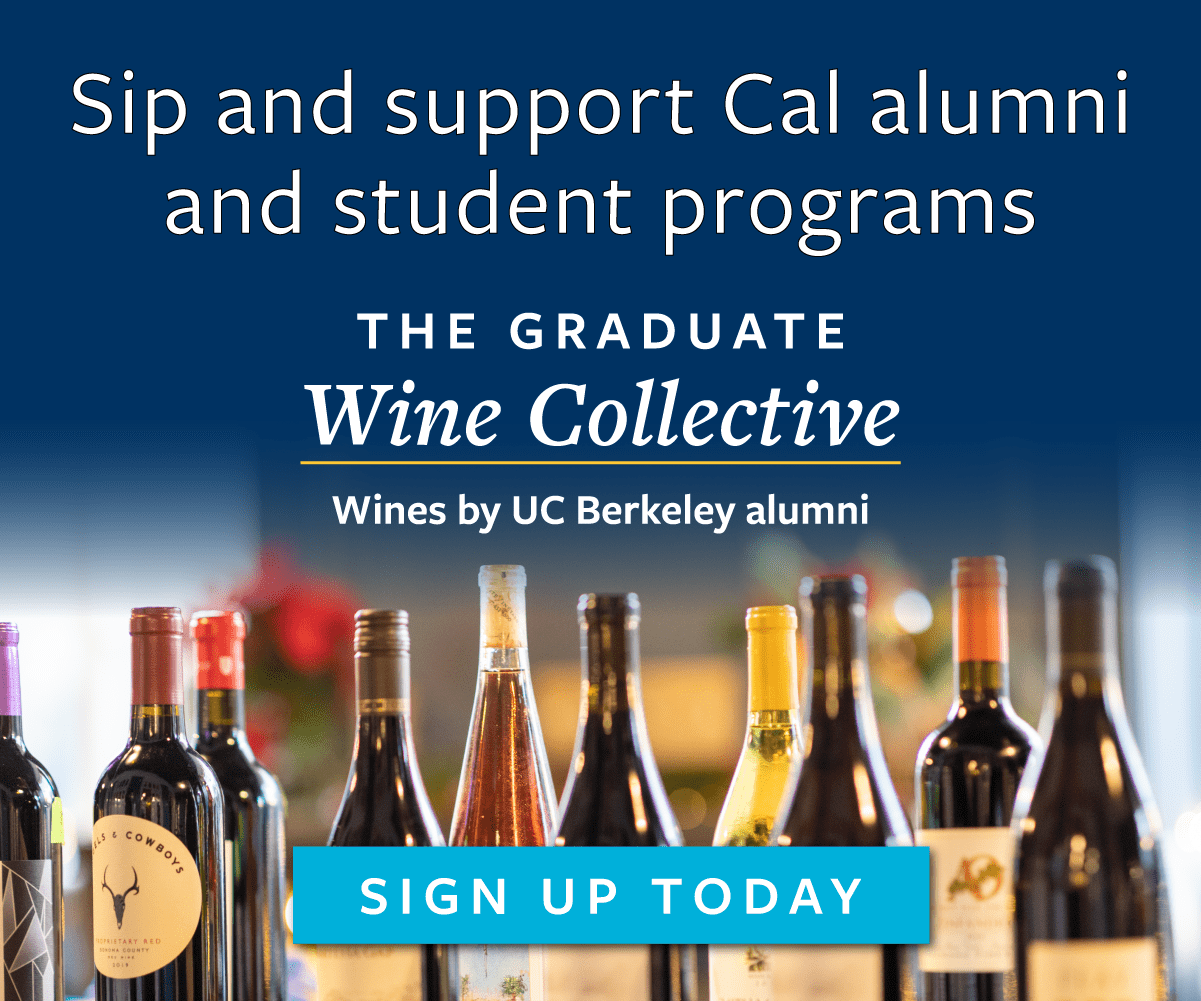Parker Yazzie ’23 is a recipient of the Cal Alumni Association’s Native American Scholarship, a new undergraduate award introduced this year. When Yazzie chose Cal, she knew she wanted to exemplify Native excellence; letting her academic and social achievements demonstrate that Native people can be successful in any field.
“It’s really important for me, as an Indigenous person, to find my way into the political community and make sure that my people are represented.”
UC Berkeley is committed to honoring and supporting Indigenous people through the CAA Native American Scholarship. This new scholarship supports Indigenous students who have demonstrated leadership, community engagement and commitment to their Native communities. Yazzie possesses all of these qualities and more.
Yazzie grew up in Page, Arizona, a small town just outside of the Navajo Nation. Her mother is Navajo and her father is white and from Ohio. In high school, she was a heavily involved student, holding leadership positions in several clubs, volunteering twice a week, and competing on the varsity cross-country team. “I wanted to get my toes into a little bit of everything,” she recalls. On top of that, she took AP classes.
Yazzie knew she wanted to go to school in California. She was ready to get out of her comfort zone and take on a new challenge. “I think California has a really unique ambiance that you can’t find anywhere else across the country.”
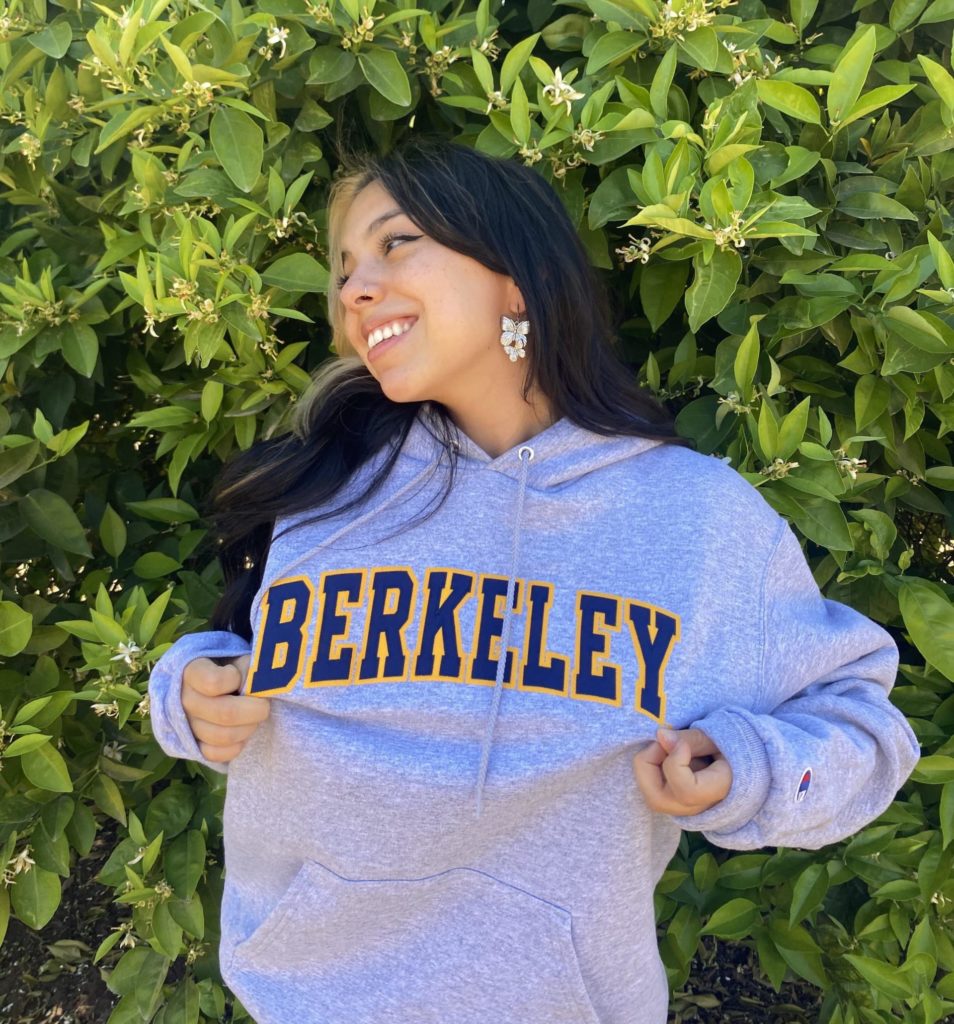
Outside of academics, however, there were obstacles that Yazzie had to navigate. Namely, her Native identity. “Because I’m half Navajo and half white, I do deal with that identity struggle,” she explains. She admits that she has a certain amount of white privilege because of her paler skin and Eurocentric features. However, she says people are quick to dismiss her Native identity because she doesn’t ‘look’ like Native person.
Though Arizona has a sizable Indigenous population, Yazzie still faced her share of racism. She was one out of a handful of Native people in high school and because she didn’t possess stereotypical Native features, peers would speak disparagingly about Native people in her presence.
“People think that if there aren’t Native people in the space, it’s safe to say derogatory things,” Yazzie recalls. “That really goes to show the misconceptions within the USA—that people hold on to what being Native is and what it looks like.”
Not ‘looking Native enough’ didn’t cause Yazzie to stray from her roots. Amongst a host of other activities, she was president of her Indigenous Student Club for two years and volunteered with Black Mesa Resistance Group, an organization that provides resources for Navajo people living in the Hopi Reservation. “Because they’re living inside of the Hopi Reservation, they can’t receive government benefits,” she explains.
Yazzie’s Native identity was also fostered by the close relationship she had with her mother, Vanessa. Vanessa grew up in Navajo Nation in Northern Arizona, where the USA mined uranium from 1944 to 1986. Nearly 30 million tons of uranium were extracted in that time to make nuclear weapons. The USA abandoned the mines while uranium leaked into the water and the air. The legacy of those mines exists today, with 85 percent of Navajo homes contaminated with uranium.
“My mother, growing up in that environment, developed pediatric cancer,” Yazzie says. Despite this, her mother beat the cancer and went on to have a successful career as a paralegal. Soon politics became something they bonded over. “We always talked about her love for politics, the law, social justice movement,” she remembers.
In 2019, Yazzie’s mother was diagnosed with colon cancer and passed away within a month of that diagnosis. Coupled with the grief of losing her mother, Yazzie believed that she had lost her only connection to her Navajo heritage.
“I had this really hard time with my identity … and once I lost my mom, there was this internal struggle of ‘I’m no longer connected to my culture.’”
The loss of her mother, though tragic, created newfound determination. Yazzie knew exactly what she wanted to do in life—public service and social justice. She took on leadership roles, found emotional outlets in darkroom film photography and running, while leaning into her cultural heritage. “All those things culminated for me in recognizing that a career in politics and public service is right for me.”
After a semester of adjusting to her new environment, Yazzie plans on continuing her work in Native communities. “While I go through this journey, I want to stay aligned with my mission and with my passions and hold the values and morals of my community close.”
Alumni: Want to volunteer with the CAANAS scholarship? Register to be a volunteer.
Students: If you would like to apply for the CAANAS, applications are now open and will close on April 3, 2022. Apply by visiting the Cal Alumni Association Application Portal. Learn more about the university’s resources for Native and Indigenous students through Native American Student Development.


